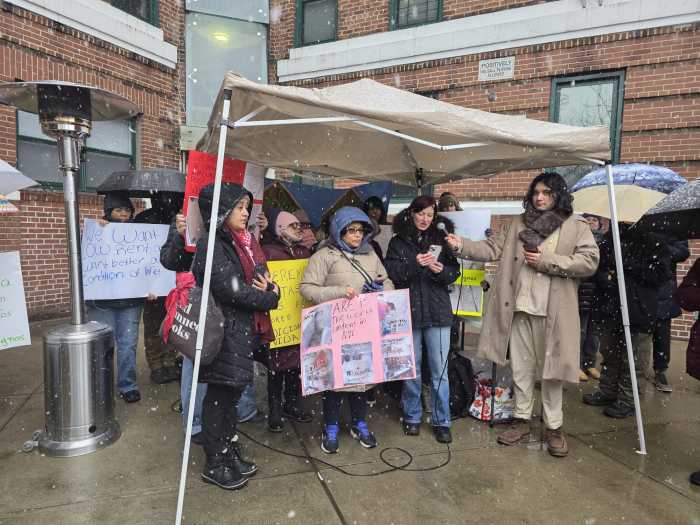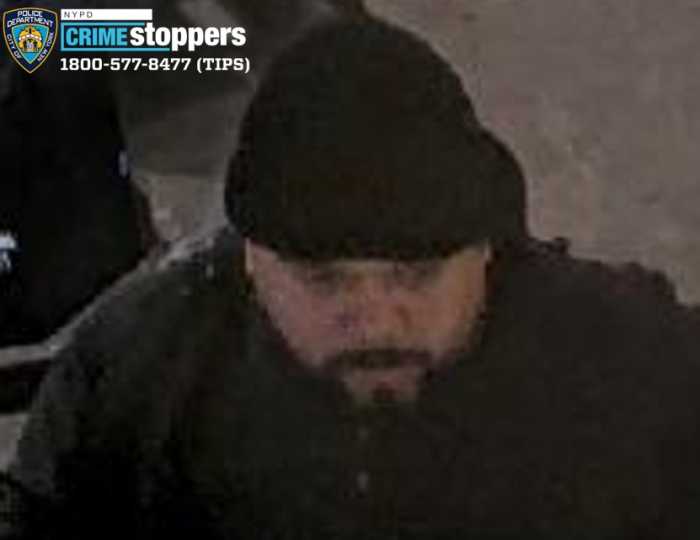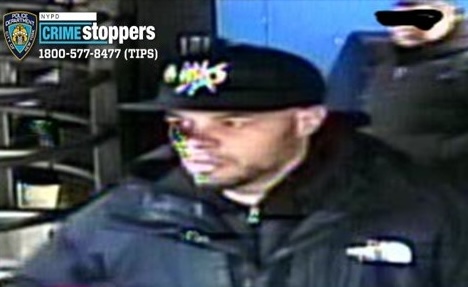
Attorney Natalia Renta at town hall last night
Sept. 6, 2017 By Tara Law
Several members of the Queen’s Latino community gathered for a town hall in Jackson Heights last night to discuss the implications of President Trump’s order to end the Deferred Action for Childhood Arrivals program, known as DACA.
DACA was an executive order instituted under President Barack Obama to protect undocumented immigrants who arrived as children from deportation. DACA enabled eligible immigrants to work legally and to obtain higher education.
Trump said that Congress has six months to come up with an alternative to the program.
The meeting was hosted by civic organization Make the Road New York, which serves the Latino community in Brooklyn, Staten Island, Queens and Long Island. Approximately 800,000 young people currently benefit from DACA nationwide.
“If DACA is taken away, I don’t know what I will do,” said DACA recipient Yatziri Tovar in a statement released by Make the Road. “I’m working two jobs to supporting my family. But Trump has decided that neither me nor my family matter to him, and that he’d rather play games with our lives.”
Standing before the gathered audience, youth organizer Antonio Alarcon said that although members of the community had always known DACA could be repealed, many had assumed they could rely on the program in the long term.
“We’ve been anxious since November, and today (Trump’s) campaign promise became reality,” he said.
Lawyers and members of Make the Road’s youth organizer group explained Trump’s decision to the audience and described what actions they might need to take going forward.
Lawyers Yasmine Farhang and Natalia Renta explained that after Tuesday, no new DACA applications would be processed, although those applications that are already pending will go forward. Those who were eligible for DACA before, but did not apply, are out of luck. DACA recipients can continue to use their work permits until they expire, and work permits that expire before March 5 can be renewed before Oct. 5.
Health program director Rebecca Telzak urged the audience to take care of themselves during stressful times. She said that Make the Road will host a support group for DACA recipients, and that the organization is ready to provide members of the community with referrals to mental health professionals.
At the end of the discussion, many important details remained uncertain. The speakers invited the audience to ask questions. One woman said that her niece, who is in college in Pennsylvania, is on DACA. What would happen to the girl’s scholarship? Renta said that it would depend on the scholarship.
When asked about the personal information that DACA applicants had handed over to the immigration authorities, Farhang shrugged.
“They say they generally won’t share personal information with ICE,” she said, referring to Immigration and Customs Enforcement.
For now, Make the Road is focused on rallying the community. Three busloads of protesters returned to Queens Tuesday night after holding a protest in Washington. On Thursday at 5 pm, a march around Queens will begin at the Jackson Heights office.
“We’re going to continue fighting, as we have for the last 20 years,” said Alarcon. He said that although he is protected under DACA, his uncles are undocumented. “We’re not only going to be fighting for ourselves, we’re going to be fighting for our families. We were here before DACA and we’ll be here after DACA.”



































